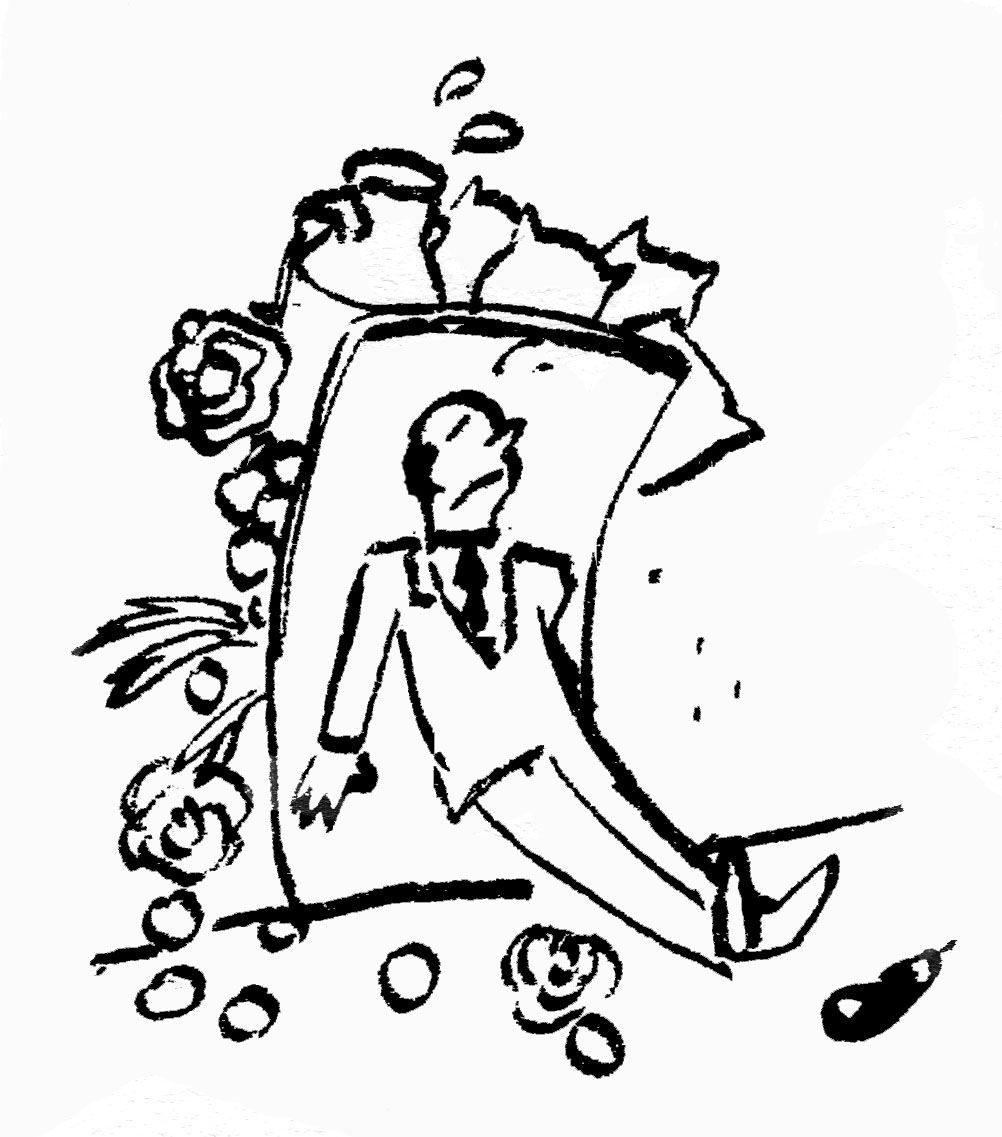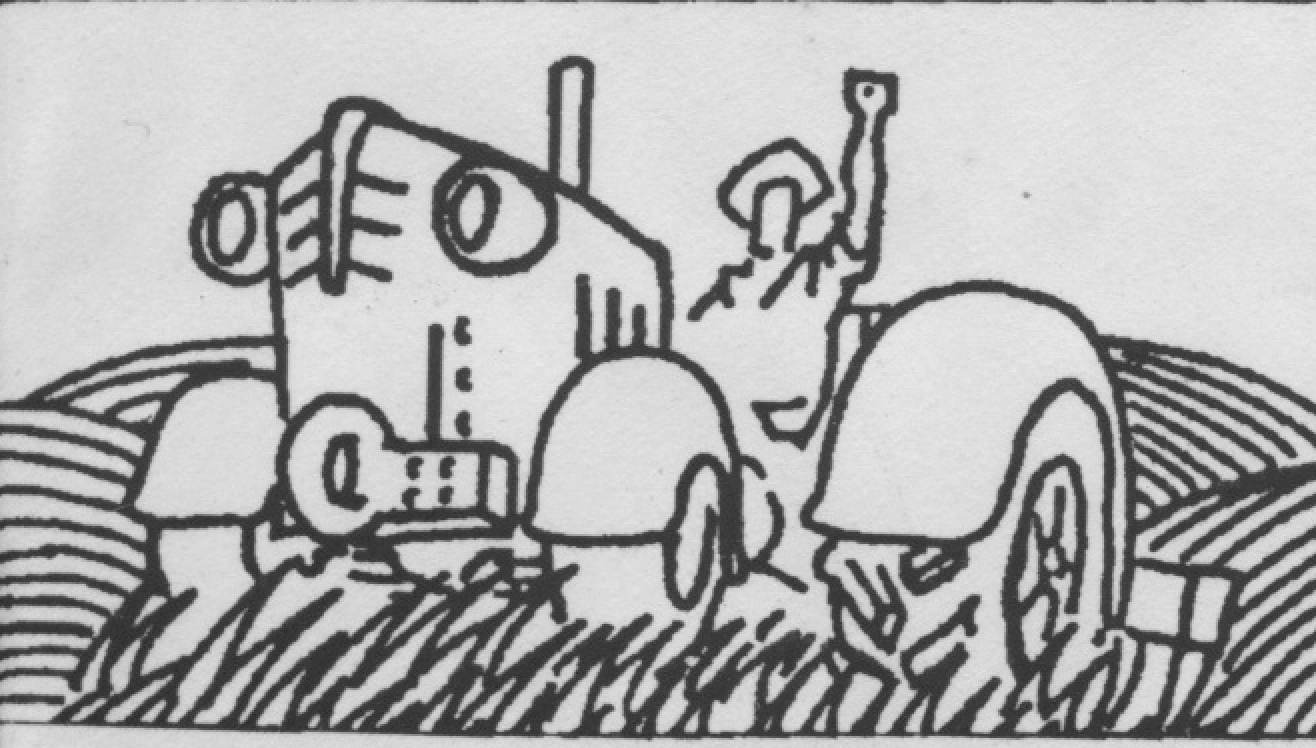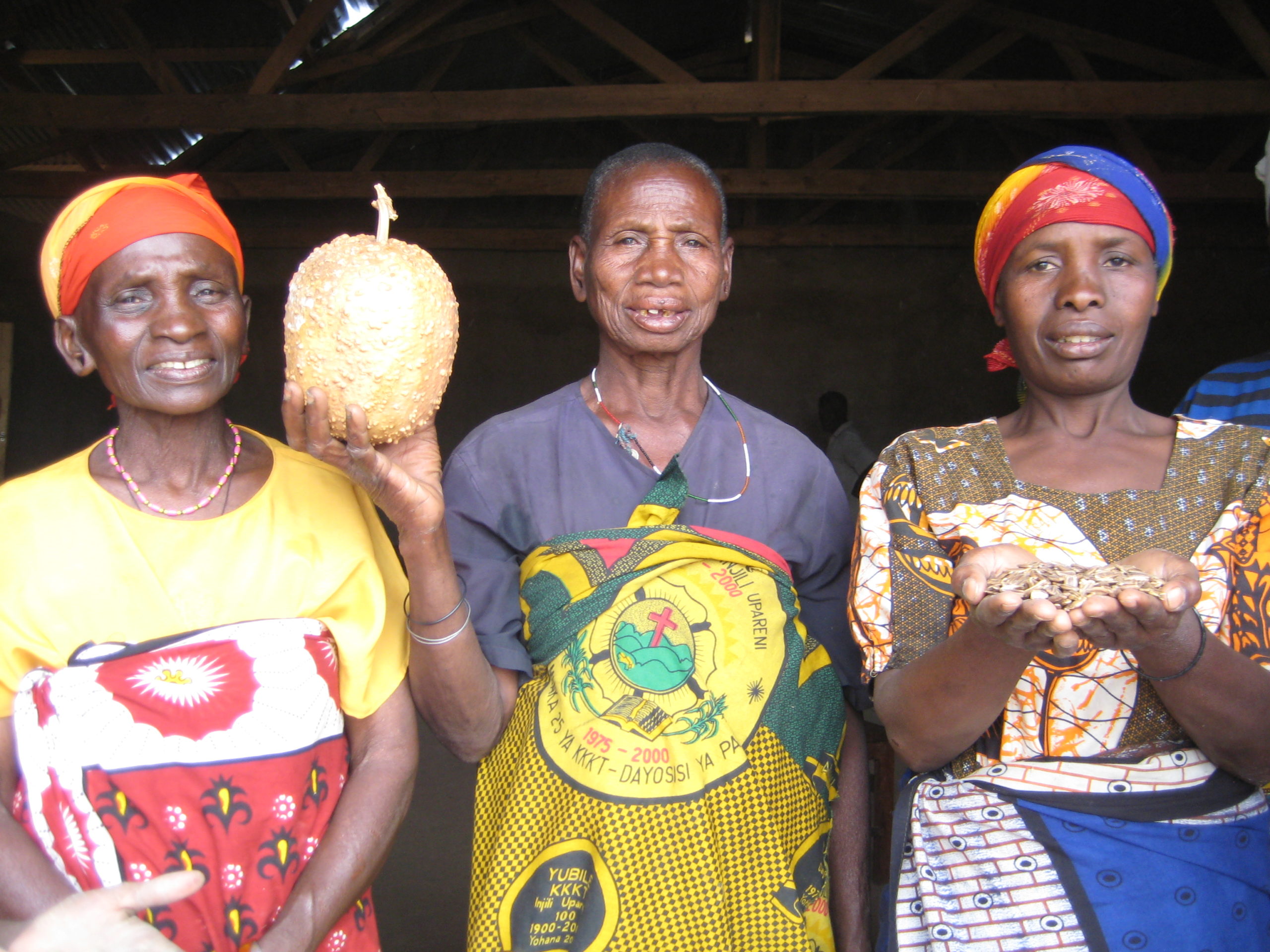
Is there such a thing as a fair price?
This article is published in Spanish in Planeta futuro at this link.
Before the birth of agriculture, apples grew naturally in paradise and also allowed you at no extra cost to discern good from evil. Today they have to be grown with great use of natural resources and discerning good from evil is further away than ever, at least agronomically speaking.
One of the big problems faced by most NGOs – less and less – involved in rural development or the fight against hunger is to distinguish the causes of the problems faced by poor farmers. It is a logical, but also natural, tendency to think that if something bad happens it is someone else’s fault. This is why people talk about food justice or food sovereignty and call for fair prices for producers.
It is important to understand why things happen in order to remedy them. It is even more important to recognise that there are problems that cannot be solved, and that the only thing that can be done about them is to manage them with imperfect solutions.
Let us return to the culprits. Often there are: climate change has been caused by rich countries, and farmers in poor countries are paying for it through droughts and floods. In countries where law enforcement leaves much to be desired, the rich steal land from the poor using methods ranging from intimidation and murder to legal tricks or expropriation by complicit governments. There are big businessmen who do not respect the labour rights of farm workers and exploit them without a government lifting a finger to defend them.
On other issues, however, there is a finer line to tread. One of the most controversial is fair pricing. We can see in Europe these days the agricultural protests, where one of the main issues is the fair price. Recognising that there is no such thing, or that it only exists under very restrictive conditions, is necessary to manage the consequences.
Even the most stubborn urbanites are intuitive enough to understand that there is something about the economic functioning of agriculture that makes it different from other sectors of the economy. Production is variable, depending on good and bad years, whether pests are present or not. Yields vary according to the quality of the soil and the fertilisers applied. And, although not recognised, they depend on the skill of the farm manager in applying good practices.
In years of abundant harvests, prices fall, but they do not fall proportionally to the surplus: they fall much more. And the opposite happens when there is a shortage, just look at olive oil. This has been known since the 18th century, thanks to Mr King and Mr Davenant, but we seem to have forgotten it.
If we add globalisation to this, we have huge quantities of agricultural products circulating at low prices, depending on where the good conditions were. Is this a bad thing? It is what has allowed the big chains to offer cheap food. Are they evil for buying at the cheapest price available? If they didn’t they would be out of business in two days. No better alternative has been discovered, and anyone who says otherwise should prove it with facts.
What are the exceptions to this law? There are only two, as far as I know.
The first is the EU milk quota, which was in place between 1984 and 2015. It could control prices because it controlled the quantity produced. If the surpluses are smaller, the price variation is smaller.
The second alternative is fair trade and direct local purchases from producers. It is the one that critics of this article may claim as “there is a solution to the problem, but you don’t present it as such”. It is not, at least not for everyone. What these two do is limit purchases, not production. In other words, they apply a quota with favourable conditions that limit price variation to a specific group of producers. But whoever is outside the group suffers from the same surplus problems, so it is not a solution for everyone. Because production is variable in time and space, at some point you will have too much or too little food in this group, and you will have to look elsewhere, or the price variations will be wild.
What the agrarian protests show – at least in their fair price part, we will talk about the others, some of which are very fair – is that society has a bad tolerance for unsolvable problems. The great economist Karl Polany said it eighty years ago: when politics offers few options and little prospect of solving their problems, people look for extreme solutions. This is why it is embarrassing to see some of the banners at agricultural protests.
You may also like
Aspirin and structural transformation
A little over 20 years ago I published a booklet called El Naufragio (The Shipwreck), about the thin
Edward O. Wilson and his diagnosis of humanity in a tweet
This article was published in El País on January 20, 2022. On 26 December, Edward O. Wilson, the bi
Decolonising cooperation, how and to what extent?
(Automatic translation by Deepl, sugestions for improvement are welcome). In the world of developmen




Post a comment